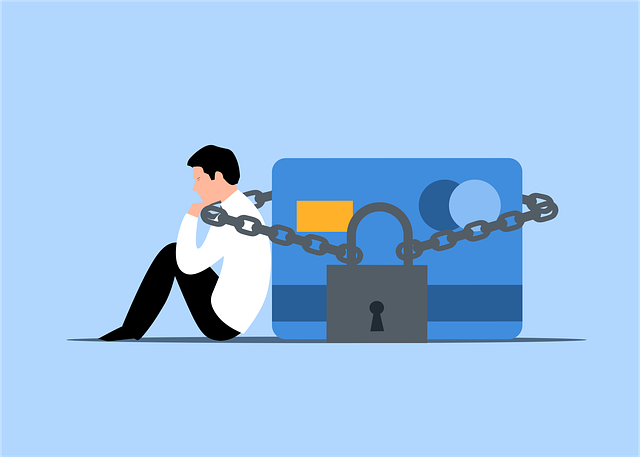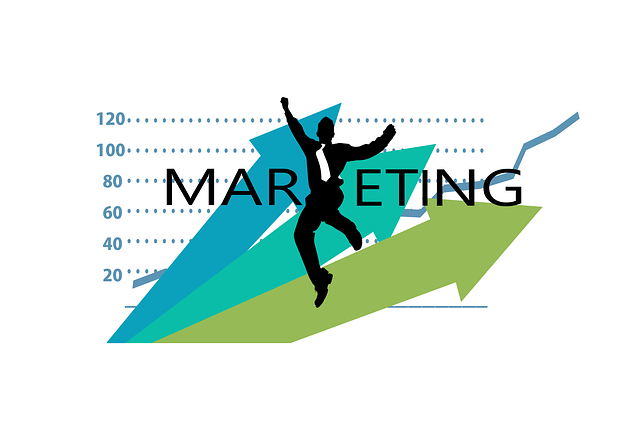Debt consolidation loans through brokers merge multiple debts with lower rates for simplified repayment. Brokers offer access to diverse lenders, save time, and secure favorable terms. They guide applications, explain loan types, and clarify terms. Individuals must meet financial criteria and credit history assessments. Repayment involves structured plans, prioritizing high-interest debts, automating payments, and building positive credit history. Ignoring debt collection calls may persist; a strategic approach uses non-profit services. After consolidation, rebuilding credit through budget planning, low credit utilization, secured cards, or becoming an authorized user improves financial standing.
Struggling with relentless collection calls? A debt consolidation loan could be your path to financial freedom. This comprehensive guide explores how combining multiple debts into a single, manageable loan can stop the harassment from collectors. Learn about the benefits of using a loan broker, qualifying criteria, efficient repayment strategies, and tips for rebuilding credit post-consolidation. Take control of your finances and say goodbye to stressful calls with our expert insights on debt consolidation loans and broker services.
- Understanding Debt Consolidation Loans
- Benefits of Using a Loan Broker
- How to Qualify for Debt Consolidation
- Repaying Your Loan Efficiently
- Avoiding Common Pitfalls with Collectors
- Building Credit After Consolidation
Understanding Debt Consolidation Loans

Debt consolidation loans offer a strategic approach to managing multiple debts by combining them into a single loan with a lower interest rate. This simplifies repayment, as instead of making several monthly payments, you’ll focus on just one. A debt consolidation loan broker can be an invaluable resource in this process, helping individuals find the best terms and rates tailored to their financial situation.
When considering a debt consolidation loan, it’s essential to evaluate the type of financing offered. Secure debt consolidation financing typically requires collateral, such as your home or vehicle, while unsecured options don’t. Understanding your creditworthiness and comparing different lenders’ offers can help you make an informed decision. Additionally, “how to choose a debt consolidator” involves assessing their reputation, fees, and the terms they offer, ensuring you consolidate my loans on favorable conditions.
Benefits of Using a Loan Broker

Using a loan broker for debt consolidation offers several significant advantages. A good debt consolidation loan broker has access to various lenders and financial institutions, enabling them to match your specific needs with the most suitable financing options available. This process not only saves you time but also ensures you secure the best possible terms tailored to your credit profile and financial situation.
Moreover, these professionals are well-versed in the complexities of debt consolidation loans. They can help you navigate the application process, explain various loan types, and guide you through the terms and conditions. This expert assistance is particularly beneficial for first-time debt consolidators who may lack experience or knowledge about managing such loans effectively to reduce their debt payments substantially. Finding a reputable debt broker increases your chances of achieving financial stability by efficiently managing and reducing your overall debt obligations.
How to Qualify for Debt Consolidation

To qualify for debt consolidation, individuals typically need to meet certain financial criteria set by lenders and financial institutions offering this service. One of the primary requirements is having a substantial amount of debt that needs to be managed more efficiently. This could include multiple credit card debts, personal loans, or even past-due bills. A debt consolidation loan broker can help assess these debts, determine their overall value, and suggest suitable consolidation options.
The process often involves evaluating your credit history and current financial situation. Lenders look for responsible borrowing patterns and the ability to make consistent repayments. While a good credit score is beneficial, it’s not always a prerequisite. Effective debt reduction techniques through consolidation can help lower monthly debt payments by combining multiple debts into one loan with a potentially lower interest rate. This simplifies repayment and makes managing finances easier. In contrast to debt settlement, which involves negotiating with creditors to reduce the outstanding balance, consolidation focuses on restructuring the debt for better long-term financial management.
Repaying Your Loan Efficiently

Once you’ve secured a debt consolidation loan from a reputable debt consolidation loan broker, the next step is to focus on repaying your loan efficiently. This involves creating a structured repayment plan that aligns with your budget and financial goals. A common strategy is to pay off high-interest debts first while making minimum payments on others. This method, known as the “debt snowball,” prioritizes eliminating debt quickly, which can help reduce overall interest paid.
Regularly reviewing your spending habits and adhering to your repayment schedule are crucial. Consider automating your loan payments to ensure timely deductions from your bank account. By efficiently managing your debt consolidation loan, you’ll not only reduce the financial burden but also establish a positive credit history. This can be particularly beneficial for those with bad credit looking into loan consolidation as it demonstrates responsible borrowing and repayment behavior to future lenders.
Avoiding Common Pitfalls with Collectors

When dealing with debt collection calls, it’s essential to stay informed and avoid common pitfalls that many individuals fall into. One frequent mistake is ignoring or avoiding the situation, hoping the calls will stop. This approach rarely works as collectors are persistent in their efforts. Instead, a more strategic method is required.
A successful strategy involves exploring options like debt consolidation through a reputable debt consolidation loan broker. This approach offers a structured plan to manage and reduce debts. For instance, non-profit debt consolidation services can provide tailored solutions for students or individuals facing financial challenges. By understanding your rights and options, you can navigate the process effectively, stop collection calls, and work towards financial freedom.
Building Credit After Consolidation

After successfully consolidating your debts through a debt consolidation loan broker, the next step is to focus on rebuilding and strengthening your credit score. This process requires discipline and a well-structured plan. One effective strategy is to create a budget that allows for consistent, timely payments of all your new accounts. Regular payment history is a significant factor in improving your credit rating.
Entrepreneur debt relief solutions can vary, but one surefire method is to keep your credit utilization low by ensuring outstanding balances on your cards are below 30% of their limits. Additionally, consider using secured credit cards or becoming an authorized user on someone else’s account with a strong credit history as these options can help demonstrate responsible borrowing habits, which will contribute positively to your credit score over time. With dedicated effort and the right tools, individuals with even bad credit loan consolidation can gradually restore their financial standing.
Debt consolidation can be a powerful tool to stop collection calls and gain control over your finances. By understanding the process, qualifying for a suitable debt consolidation loan, and partnering with a reputable loan broker, you can efficiently repay your debts and build credit. Remember, navigating this journey requires careful planning and knowledge of potential pitfalls. With the right approach, you can transform your financial landscape and embrace a brighter future free from relentless collector calls.
